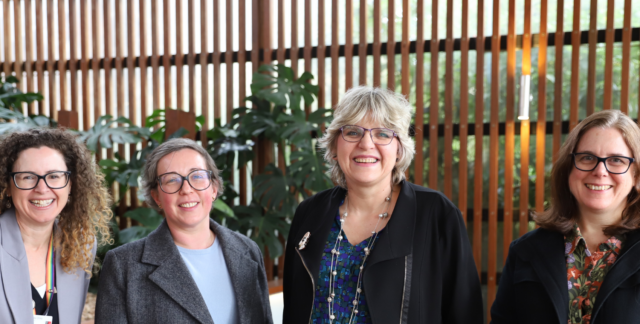In response to performance-based demand for increased efficiency and accountability at institutions, workloads have increased dramatically over the past few years.
Issues related to workload allocation were a common theme amongst institutions’ applications for SAGE Athena Swan Bronze Awards.
The onset of COVID-19 has simultaneously further transformed, disrupted and exacerbated labour, so that the impact of such workload intensification and change disproportionately affects particular groups of employees, notably women.
The SAGE Workload Allocation Special Interest Group (SIG), formed in response to this issue, recognises the need for fair, equitable models for managing workload allocation across the sector to challenge and address such inequities, contribute to post-COVID-19 recovery and empower institutions to drive change in this space.
The SIG comprises members from the SAGE ACT, NSW, QLD, WA and VIC regional networks, and includes professional staff, academic staff and university executives, giving a broad perspective and wealth of knowledge on workload allocation issues.
Over the last 18 months, SIG members met regularly to share their insights, knowledge and expertise to develop a fit-for-purpose tool for fair, equitable workload allocation for staff at all levels.
The resulting tool is the Workload Allocation Principles Matrix, which is accompanied by case studies giving examples of how the principles may be applied in practice. This tool is designed not to dictate how workload should be allocated but rather invites open reflection within the institution for fair and equitable workload allocation.



